FCL (Full Container Load) Freight Forwarding is a service where a single shipment uses the entire container without being shared with another shipment/goods. The standard size of the container is 20 ft or 40 ft.
The freight forwarder ensures that the goods are transported from the point of origin to the final destination efficiently and safely. A seasoned freight forwarder will manage the logistics and handle all customs duties and taxes, ensuring a smooth and hassle-free shipping experience.
Selecting the best freight forwarder is essential when it comes to Full Container Load (FCL) Delivered Duty Paid (DDP) shipments. This decision can significantly impact your international shipping operations’ cost, reliability, and overall success.
Freight Forwarding Market Size:
Freight forwarders don’t physically transport goods themselves; instead, they act as coordinators and orchestrators, managing the entire shipping process on behalf of importers and exporters. As per the data, the freight forwarding market size is expected to grow by $254 billion in 2028 at a compound annual growth rate of 4.8%.
Why is Choosing the Right Freight Forwarder for FCL DDP Shipments Important?
Selecting the right qualified freight forwarder for an FCL DDP shipment is a turning point in ensuring a smooth and successful shipping experience.
These shipments involve an entire container of your goods, with the forwarder assuming responsibility for all costs and customs clearance until delivery to your designated location.
Considering the complexities of international trade and the high stakes of FCL DDP, partnering with the right FCL freight forwarding partner is important for several key reasons:
Cost Optimization:
Freight forwarders negotiate competitive rates with carriers and navigate complex logistics, potentially saving you money on transportation costs. Their route optimization and duty calculation expertise can further reduce your overall expenditure.
Expertise in Customs Clearance:
Delivery Duty Paid (DDP) terms place the burden of customs clearance on the forwarder. An experienced forwarder possesses in-depth knowledge of import regulations, incoterms (international commerce terms), and customs documentation to ensure a seamless clearance process avoiding delays and potential penalties.
Risk Mitigation:
International shipping involves risks, from potential damages to delays. A reliable freight forwarder has established relationships with carriers and port authorities. They proactively mitigate these risks and ensure the secure and timely delivery of your cargo.
Streamlined Logistics:
FCL DDP shipments involve a multitude of logistics tasks. The right forwarder will manage the entire process, including inland transportation, container loading and unloading, and communication with all parties involved.
Streamlined Logistics lets you focus on your core business while freight forwarders handle the intricacies of international shipping.
Transparency and Communication:
Effective communication is important. The right freight forwarder for FCL DDP shipments will keep you posted throughout the shipment process. Transparent communication provides real-time tracking and proactively addresses any issues that may arise.
Factors to Consider When Choosing the Best Freight Forwarder
Choosing the best freight forwarder is important to ensure efficient, timely, and cost-effective transportation of goods. Below are some key factors that you can consider when choosing the best freight forwarder:
Industry Experience and Expertise
- When choosing Freight Forwarders for FCL DDP Shipments, learn more about their reputation and experience in handling such shipments.
- Make sure your Freight Forwarder has a proven track record of handling shipments in your specific category. For instance, if you’re dealing with beauty and personal care products, look for a forwarder with experience in that industry.
- Ask for client references: Don’t hesitate to ask for client names and contact information from the same or similar industries. Reach out to these references to get firsthand insights into the forwarder’s performance.
Global Network and Coverage
- When looking for FCL freight forwarding, ensure the freight forwarder has a strong network of agents and partners worldwide.
- Find a freight forwarder who can handle FCL DDP shipments from various locations worldwide.
- Check whether they provide real-time tracking and visibility of your shipments throughout the journey.
- Ensure the freight forwarder has access to reliable carriers and transportation modes.
Compliance and Regulatory Knowledge
- Ensure the Freight Forwarder adheres to customs compliance and regulations.
- They should be well-versed in trade laws and handling documentation to avoid delay and penalty.
- Freight Forwarders for FCL DDP shipments must be able to take care of all the standard transportation paperwork.
Pricing and Cost-Effectiveness
- Look for transparency in pricing, competitive rates, and a track record of reliable delivery.
- Look for clarity factors like custom clearance fees, freight rates, or other handling fees that might apply to your FCL DDP shipments.
- Freight Forwarders should provide an insurance policy to avoid loss or damage. In addition, the other services include packaging, labeling, and door-to-door delivery.
Importance of Local Presence
A solid presence in the destination country allows the forwarder to handle these tasks smoothly:
- Local Trucking Capabilities: They should have a network of trucks or partnerships with local carriers to ensure efficient inland transportation upon arrival in the destination country. This ensures timely last-mile delivery to your location.
- Warehousing Facilities: Having warehouses in the destination country enables them to handle storage, consolidation, or fulfillment needs if required. This can be especially beneficial if you’re dealing with large shipments or have specific requirements for storage or distribution.
Technology and Digital Solutions
The world of freight forwarding is undergoing a digital revolution, and technology is playing a crucial role in transforming how businesses operate. Additionally, the market share for digital freight forwarding is also projected to reach USD 92.84 Billion by 2029. To utilize this growth:
- Look for FCL Freight Forwarders that are using technology to streamline processes, such as booking, tracking, and documentation. This leads to faster and more efficient shipment handling.
- Further, ensure the freight forwarder has access to digital solutions that offer real-time tracking of shipments. This enables better monitoring and management of the entire supply chain.
- Freight forwarders utilizing data analytics can offer insights into shipping patterns, performance metrics, and potential cost-saving opportunities.
Customer Service and Support
- Freight forwarders should respond to inquiries and proactively communicate throughout the shipping process.
- Freight forwarders should proactively inform clients about potential delays, regulatory changes, or any issues that might impact the shipment.
- Freight forwarders should have dedicated account managers and support teams for personalized assistance and accountability.
- Ensure they can instantly address your needs and handle any concerns.
Choosing the Right Freight Forwarder
When selecting the best freight forwarders for FCL DDP shipments based on your specific needs and priorities, consider the following parameters:
- Identify Your Needs and Priorities:
Based on your business requirements, determine the most important aspects of freight forwarding, such as cost-effectiveness, reliability, digitalization, technology capabilities, customer service, or other factors.
- Evaluate Based on Your Priorities:
Evaluate each freight forwarder’s strengths and weaknesses against your priorities. For example, insurance and safety are most important for your shipments; prioritize freight forwarders with a proven track record of safety and claiming insurance.
- Negotiate Terms and Establish Clear Expectations:
Once you’ve decided on FCL Freight Forwarding, engage in negotiations with the selected freight forwarders. Discuss pricing, service agreements, terms and conditions, and any other relevant aspects. Communicate openly regarding your expectations and any other specific requirements.
- Finalize Your Decision:
Based on the negotiations and alignment of expectations, finalize your decision and choose the freight forwarder that perfectly meets your certain needs and priorities while offering favorable terms and conditions.
Following these steps and carefully evaluating your particular needs and priorities, you can choose the best Freight Forwarders for FCL DDP Shipments and establish a mutually beneficial partnership.
Final Considerations
Selecting the right freight forwarder for FCL DDP shipments is mandatory for the smooth operation of your logistics chain.
Remember that an efficient and reliable freight forwarder can significantly impact the success of your FCL DDP shipments, ensuring timely delivery and cost-effectiveness.
Therefore, carefully assess each freight forwarder against these criteria to ensure you choose a partner who fits into your business goals and contributes to your business’s growth.
With the adoption of tech, digitization, and personalization, Intoglo offers a smooth cross-border shipping experience. Ultimately, investing time and resources into finding the best freight forwarder will benefit you in the long run, ensuring seamless operations and customer satisfaction.


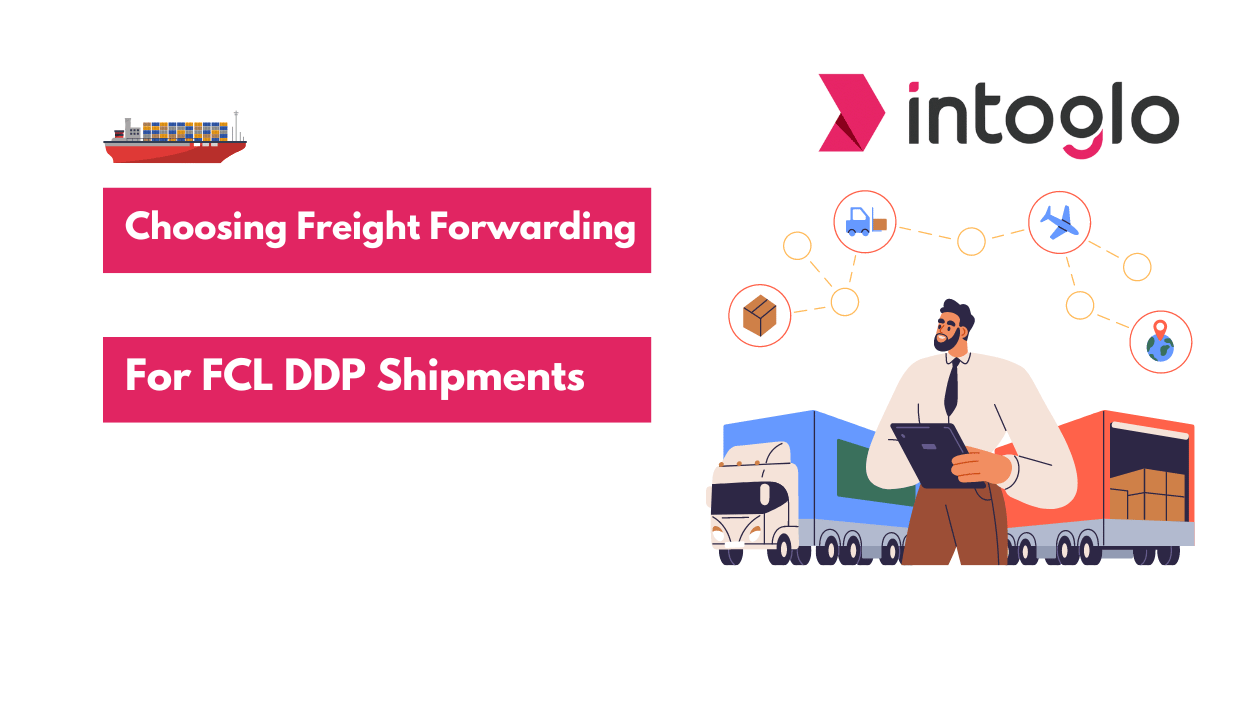
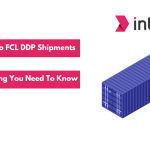

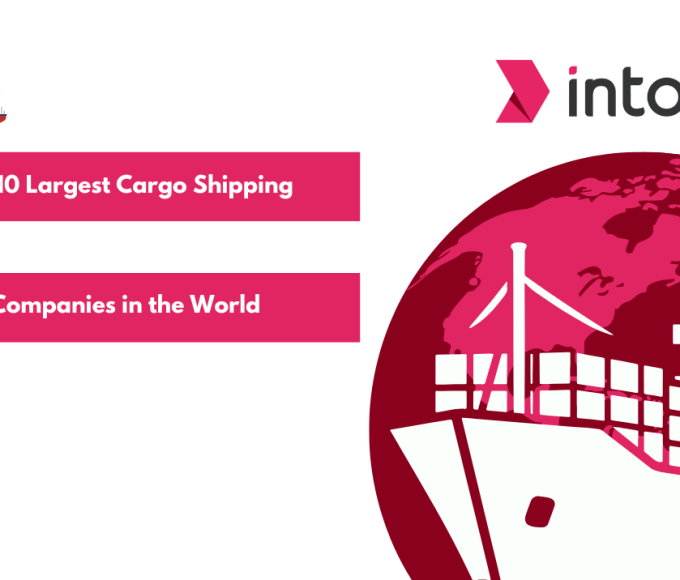
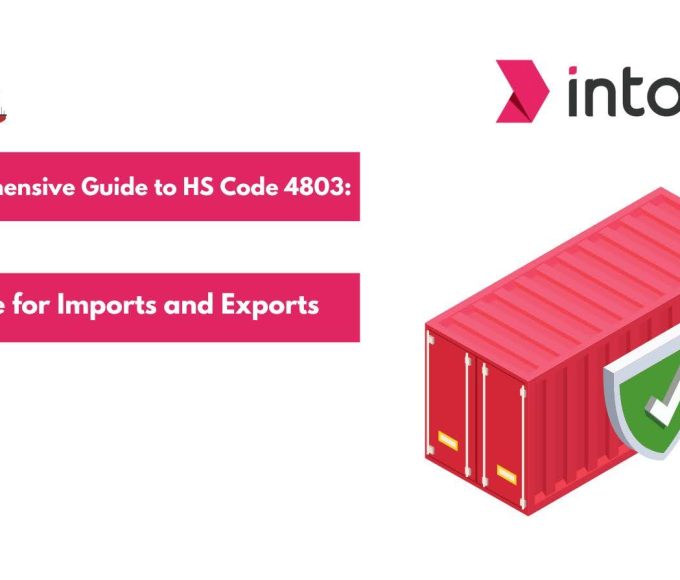
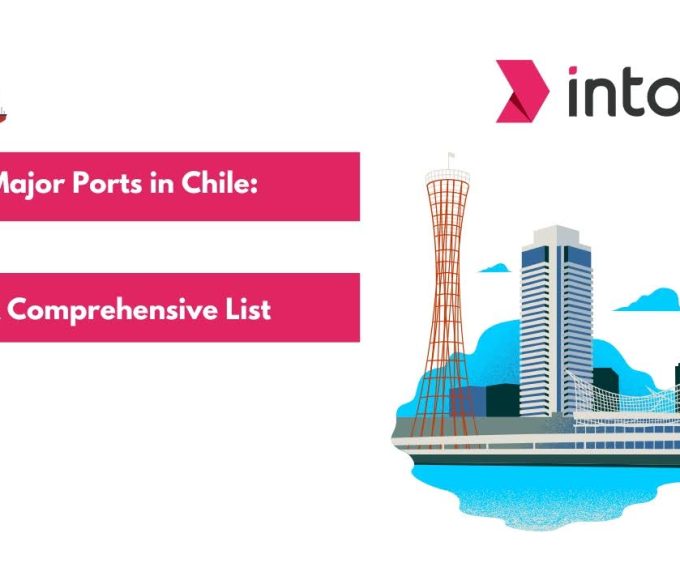
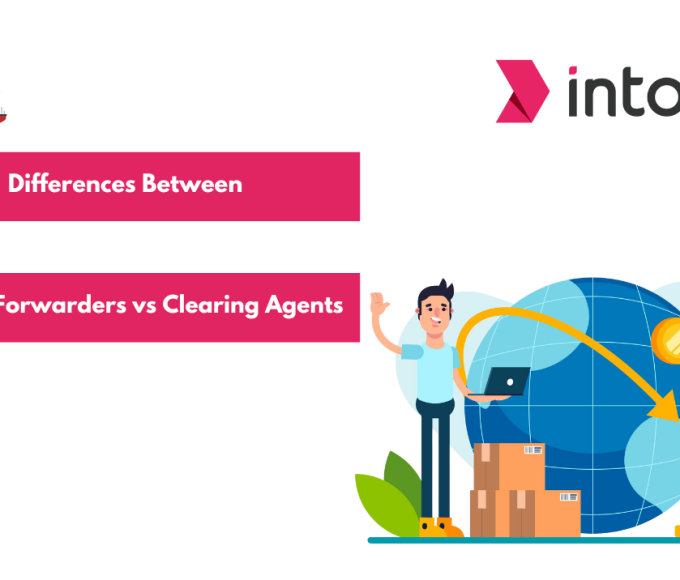
Leave a comment